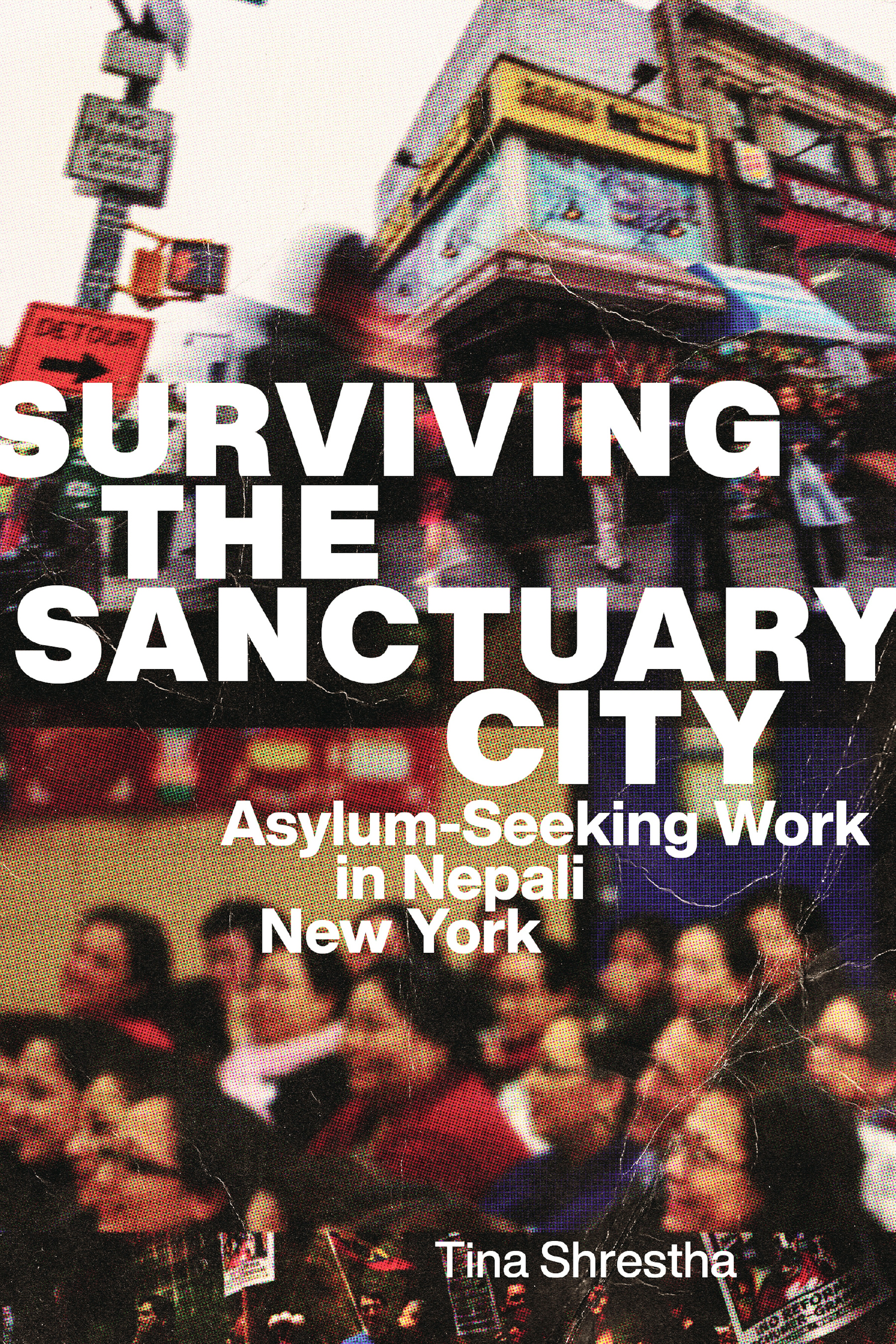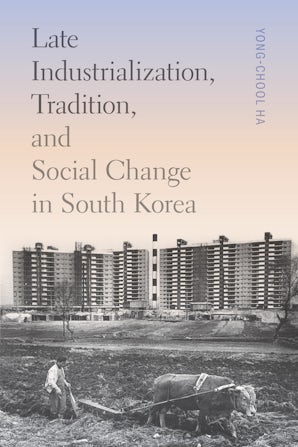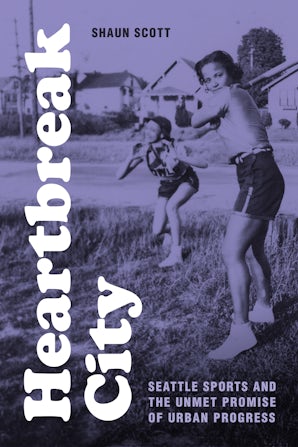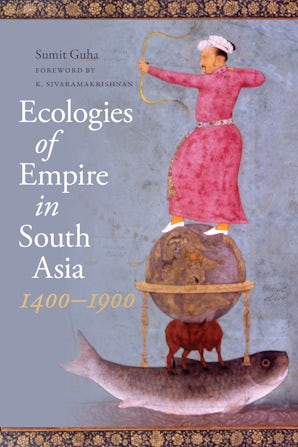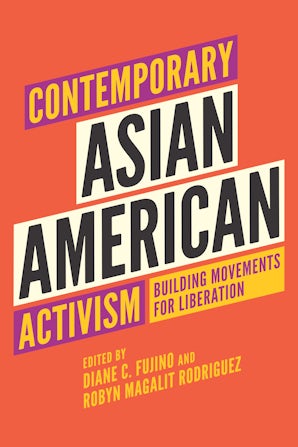Honorable Mention for the Shelley Fisher Fishkin Prize. Sponsored by the American Studies Association
On the production of migrant labor and suffering through asylum enforcement
Over the past several decades, the vibrant, multiethnic borough of Queens has seen growth in the community of Nepali migrants, many of whom are navigating the challenging bureaucratic process of asylum legalization. Surviving the Sanctuary City follows them through the institutional spaces of asylum offices, law firms, and human rights agencies to document the labor of seeking asylum. As an interpreter and a volunteer at a grassroots community center, anthropologist Tina Shrestha has witnessed how migrants must perform a particular kind of suffering that is legible to immigration judges and asylum officers. She demonstrates the lived contradictions asylum seekers face while producing their "suffering testimonials" and traces their attempts to overcome these contradictions through the Nepali notions of kaagaz banaune (making paper) and dukkha (suffering).
Surviving the Sanctuary City asks what everyday survival among migrants and asylum seekers can tell us about the cultural logic of suffering within the confines of US borders. Through rich ethnographic detail and careful nuanced narratives, it puts the lives and perspectives of the Nepali migrant community at the center of the story. In so doing, Shrestha offers a fundamental rethinking of asylum seeking as a form of precarious labor and immigration enforcement in a rapidly changing US society.
